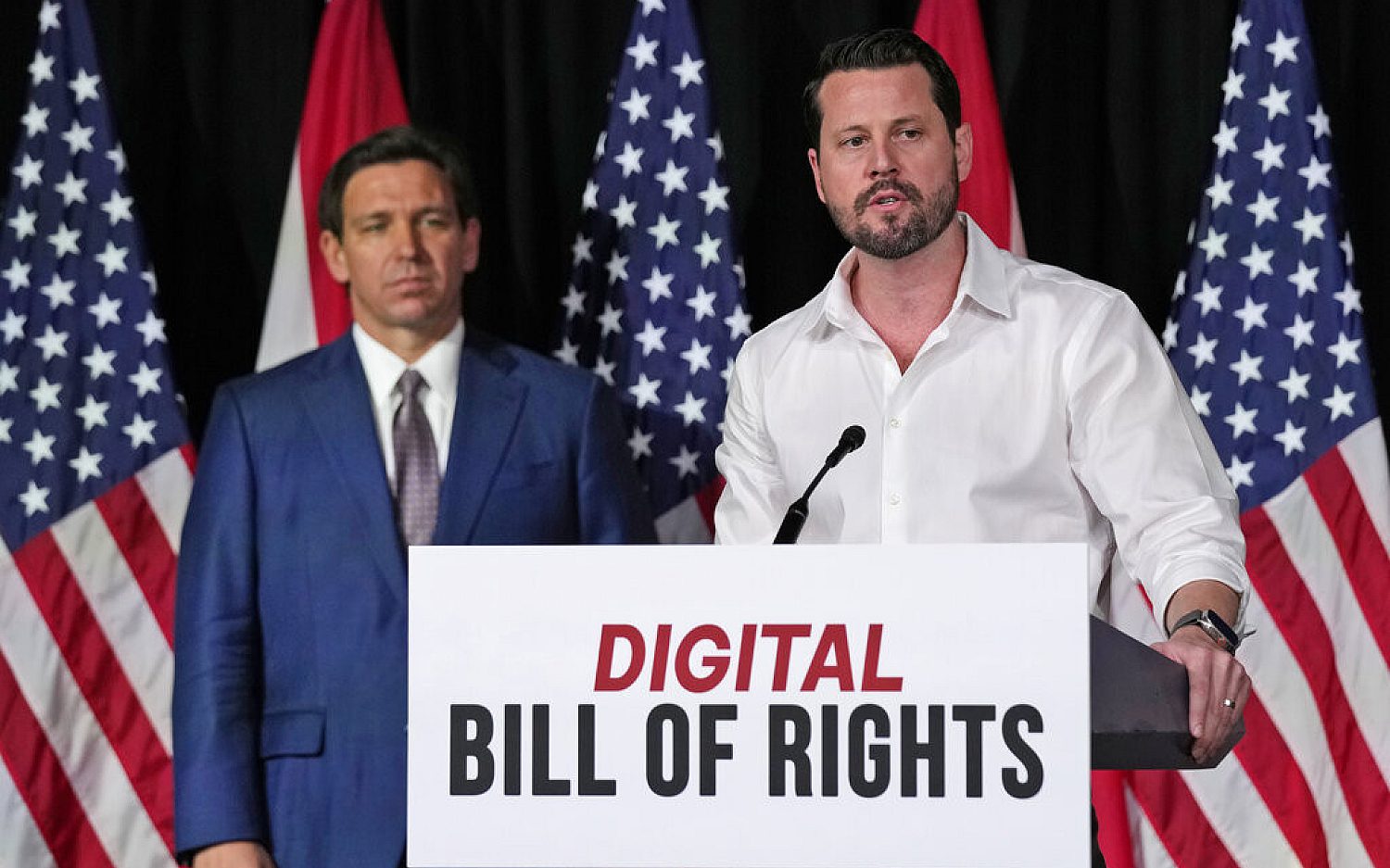Vanity license plates become free speech flashpoint
Just whose speech is on vanity license plates—yours, or the state in which you live?
That was the question in the case of rejected license plates in Texas, which were created by the Sons of Confederate Veterans. The group wanted a Confederate flag in its design, but the motor vehicle board ruled that violated its policy against offensive plates. The Sons of Confederate Veterans sued, arguing the state violated the group’s freedom of speech.
During oral arguments before the U.S. Supreme Court last week, the group’s lawyer, R. James George Jr., argued the nebulous, undefined standards for accepting or rejecting plates is unconstitutional. The state should either accept everybody’s plate message, or end the vanity plate program, he said.
But George ran into trouble with Justice Ruth Bader Ginsburg, who questioned whether the state should accept a plate design that included a swastika. George said it should. What about a message encouraging jihad? George said that would have to be accepted as well.
Then, Justices Anthony Kennedy and Antonin Scalia chimed in, asking about phrases such as “make pot legal” and “bong hits for Jesus.”
George said they all should be allowed.
“So you’re really arguing for the abolition of Texas specialty plates, aren’t you?” Scalia asked.
George conceded that point. If the current standard of potential offense is the best the state can do, it is better to shut down the program, he said.
Lots of money is at stake for the states that offer specialty plates. They rake in millions of dollars from the programs—one vanity plate design can cost more than $8,000 in Texas. Proceeds from each plate sale go to the organization that sponsors the design.
But the issue of who owns the space on the plate has vexed lower courts for years: Is it state speech, or is it private speech?
Justice Sonia Sotomayor was sympathetic to the government.
“Why should the government be compelled to accept speech it rejects because it thinks it’s wrong?” she asked.
George said the plate messages aren’t government speech. Vehicle owners choose the plate they want from among hundreds of designs.
Arguing for the motor vehicle board that rejected the confederate flag design, Texas Solicitor General Scott Keller was blunt.
“And at base this is not just about Texas making money, although Texas does make money,” he said. “This is about the State of Texas not wanting to place its stamp of approval on certain messages.”
Keller argued the plates are government property, so what goes on them is government speech. But Kennedy had a problem with that.
“Well, do you want us to hold that because it’s government speech, the government can engage in viewpoint discrimination?” he asked. Keller said he did.
But the court needed a guiding principle, and Justice Stephen Breyer pushed for one.
“They keep some off, and they let some on,” he said of how state officials manage the vanity plate program. “What is their interest? … Why have they kept off the ones they kept off while letting on the ones they left on?”
Because it’s government speech, and the government gets to reject a plate message for any reason, Keller said, pointing to New Hampshire’s license plate motto, “Live free or die.” Citizens who disagree with that can simply place a bumper sticker next to the plate proclaiming otherwise.
In other words: Government speech on the plate, citizen speech on the bumper.
But what if Texas approved a license plate that said “Vote Republican” and rejected one that said “Vote Democratic,” Justice Elena Kagan asked.
Scalia rescued Keller on that one, reminding all that partisan speech is already prohibited in this arena. But generally, the justices seemed reluctant to gut a program that brings in cash and is fun for most people. In the end, it came down to money.
“Do you know how much money Texas makes from this?” Alito asked.
“I don’t have that. It’s not a line item in the budget, but lots,” George said.
“That is really all this is about, isn’t it?”Alito said.
“Yes,” George replied, to delayed laughter. “Money is what this is about.”
The state raised $17.6 million last year from the program. A decision in the case is expected by the end of June.
Listen to “Legal Docket” on The World and Everything in It.
An actual newsletter worth subscribing to instead of just a collection of links. —Adam
Sign up to receive The Sift email newsletter each weekday morning for the latest headlines from WORLD’s breaking news team.





Please wait while we load the latest comments...
Comments
Please register, subscribe, or log in to comment on this article.